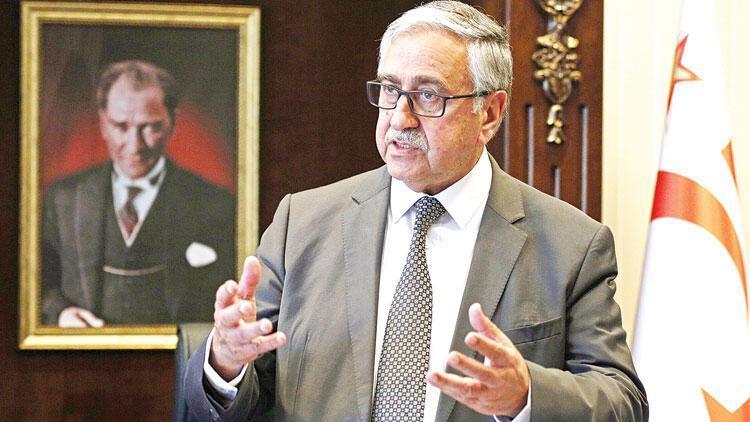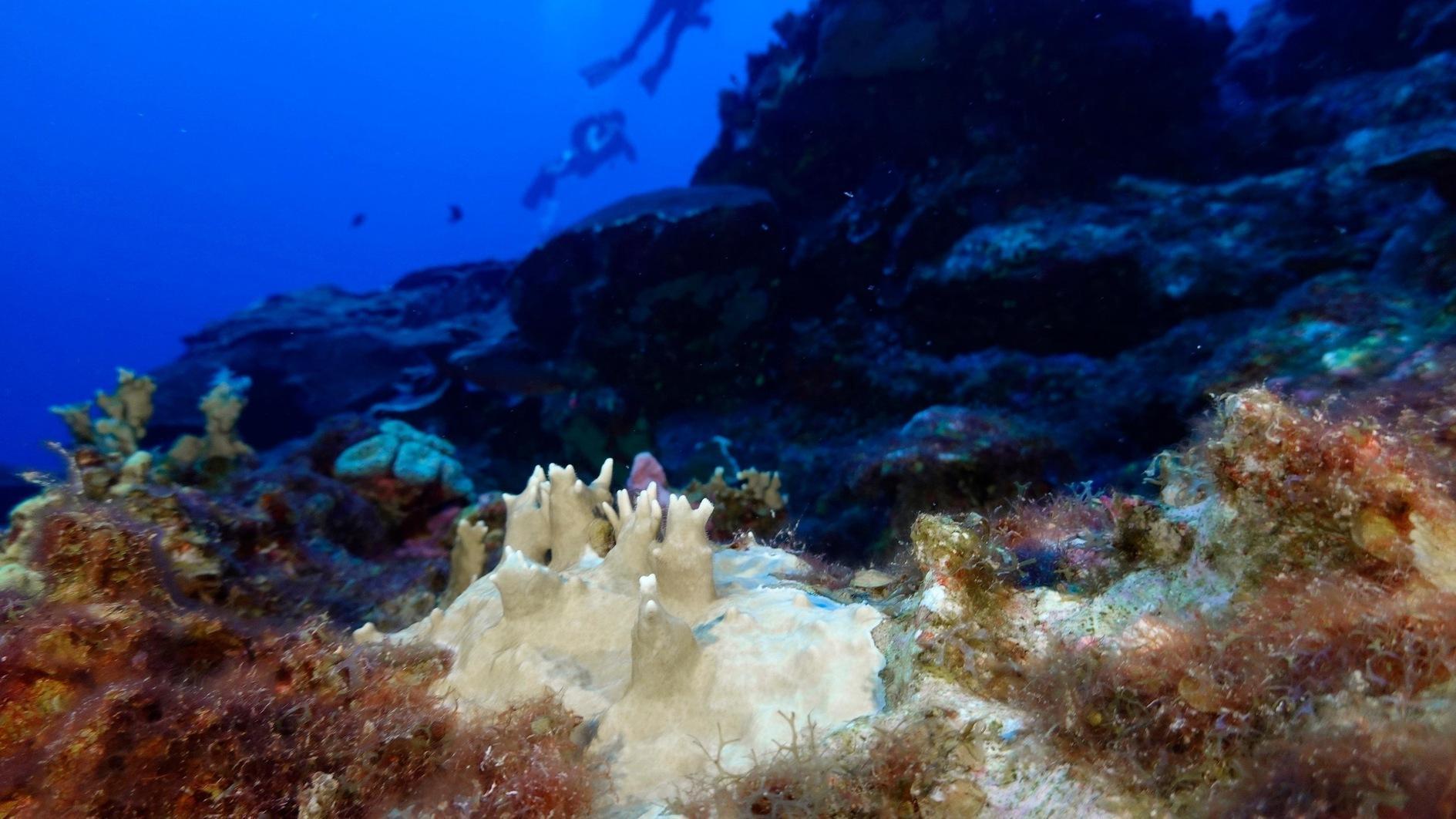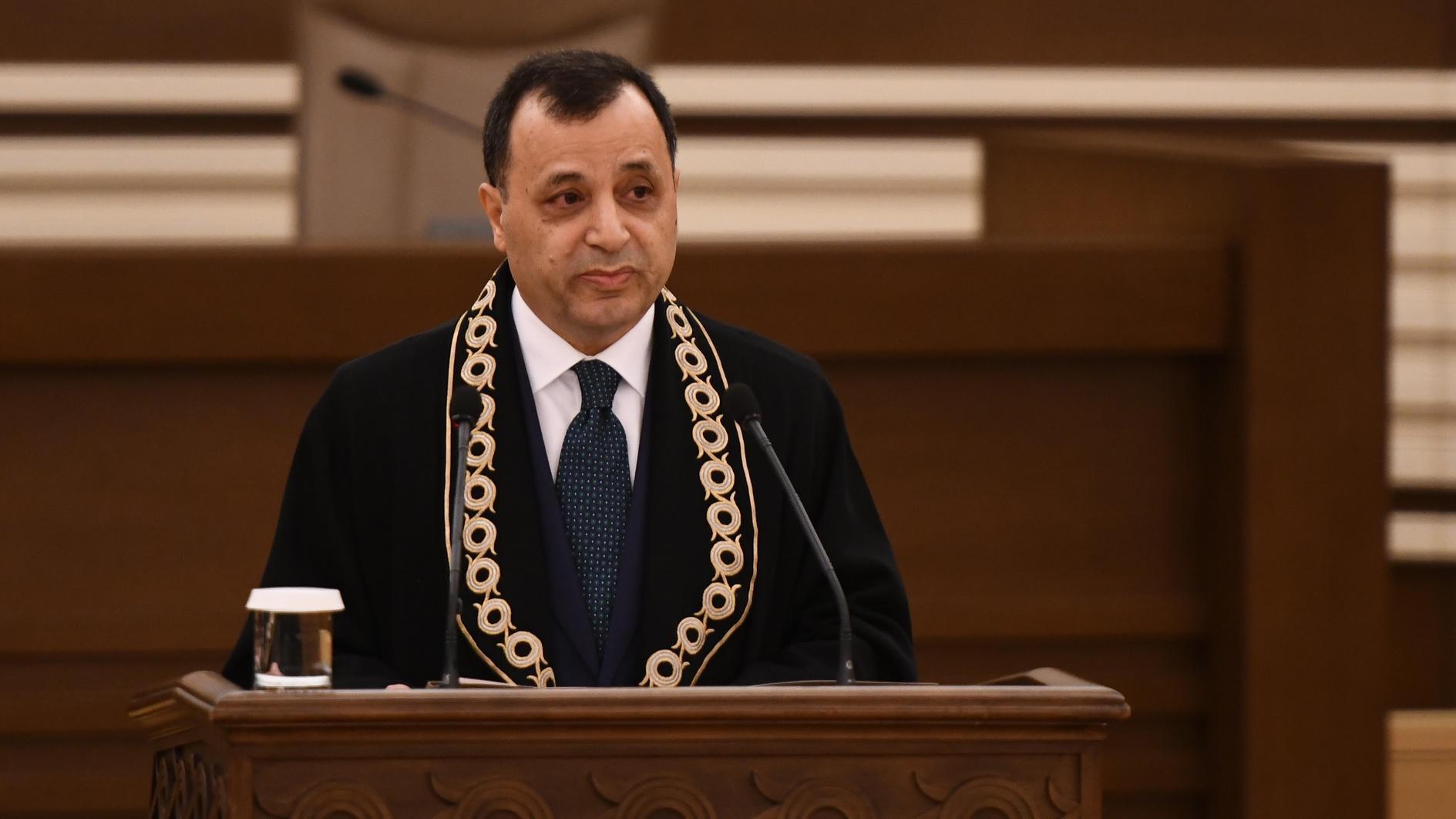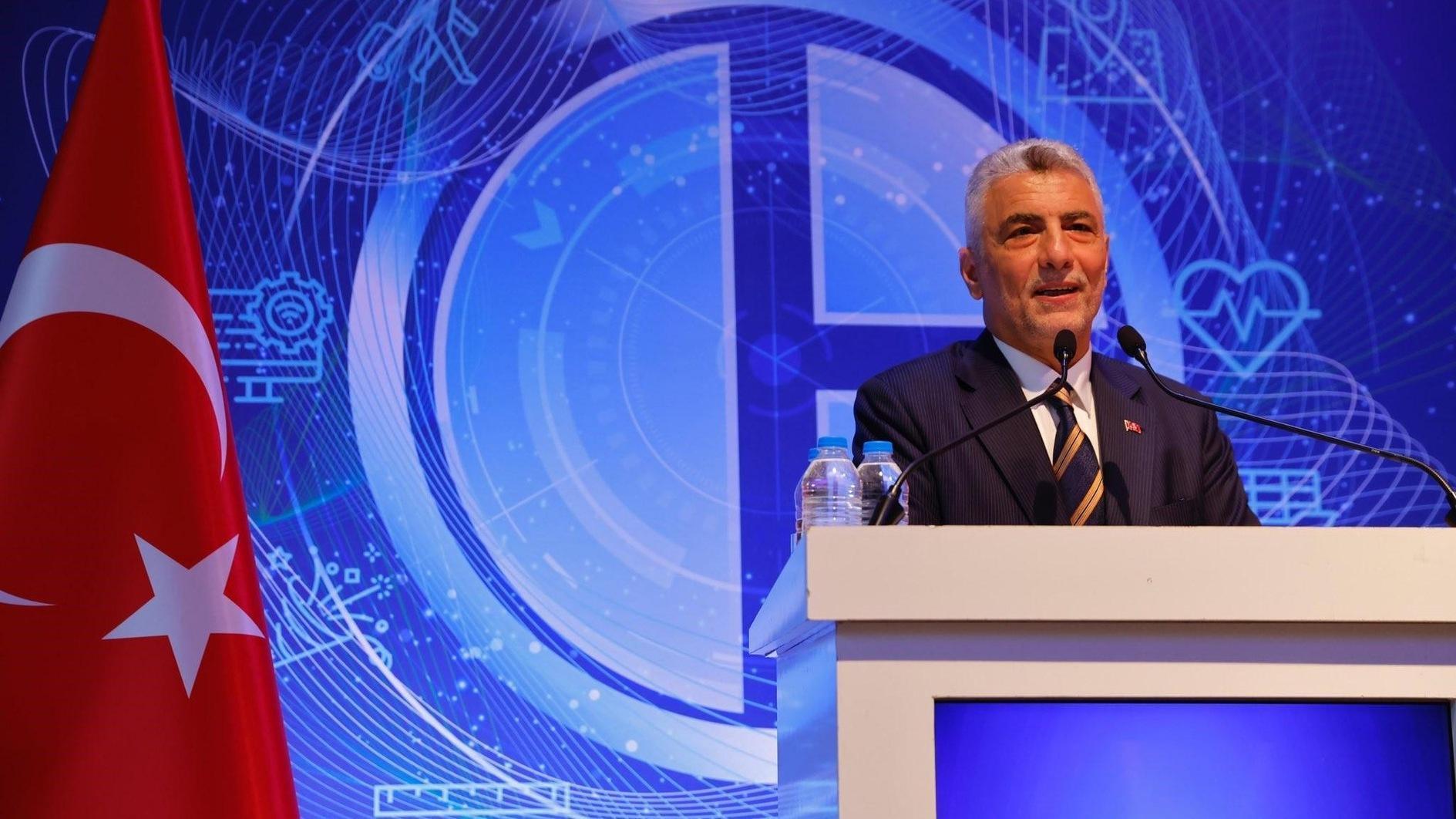Turkish Cyprus to defend its legitimate rights: President
İpek Özbey – ISTANBUL

Both Turkish Cyprus and Turkey will defend their “legitimate rights” following Greek Cyprus’ unilateral moves to search for gas off the divided island of Cyprus, said Turkish Cyprus President Mustafa Akıncı.
“We will take steps to protect our legitimate rights and do what is necessary. We will continue to be in an effort to overcome this problem by activating diplomacy within the international law. Nevertheless, in the face of unilateral gas drilling activities in the region, it is unavoidable for us also to take drilling works,” Akıncı told Hürriyet newspaper in an interview.
“To be powerful on the table, you need to be also powerful in the field. No one should expect that the Greek side’s unilateral moves face no reciprocity. My aim is that the stability in the region and Cyprus is ensured by peaceful moves, instead of an increase in military power,” he said.
Akıncı’s remarks followed an EU summit declaration offering support for Greek Cyprus over the ownership of offshore natural gas deposits.
The joint declaration was signed at the sixth South EU Summit in Malta on June 14 by France, Italy, Spain, Malta, Portugal, Greece and the Greek Cyprus.
The tension was exacerbated also in another move undertaken by Greek Cyprus last week after it issued arrest warrants for the crew of the Turkish drill ship, Fatih. On June 10, Turkey said that the warrants “crossed the line.”
Fatih has been anchored west of Cyprus since last month, and another drill vessel, the Yavuz, is scheduled to be deployed east of the island soon.
“As is the case in all of the world, what is needed in our region is that instead of raising tensions and increasing the military assets, we ensure a peace environment, by establishing relations that create mutual economical dependencies. I hope that the Greek Cypriot administration turns back from its mistake of opening the door slightly to foreign militaries and does not leave the Turkish side with no option but to take stabilizing steps,” said Akıncı in the interview.
“Turkey, as one of the countries that has the longest coastline along the Mediterranean Sea, should not be ousted from the energy equation. Turkey is a country that cannot be locked to its own coasts. In the light of these realities, it cannot be expected from Turkey and Turkish Cyprus to give up on their rights in the region,” he said.
In 1974, following a coup aiming at Cyprus’ annexation by Greece, Ankara intervened as a guarantor power. In 1983, the Turkish Republic of Northern Cyprus was founded.
The decades since have seen several attempts to resolve the dispute, all ending in failure. The latest one, held with the participation of the guarantor countries, Turkey, Greece, and the United Kingdom, ended in 2017 in Switzerland.
Turkish Foreign Ministry officials said on May 6 that the country’s drilling and seismic vessels exploration activities “will continue in the license areas in our continental shelf, which our government has provided to Turkish Petroleum [TP] in 2009 and 2012.”
















